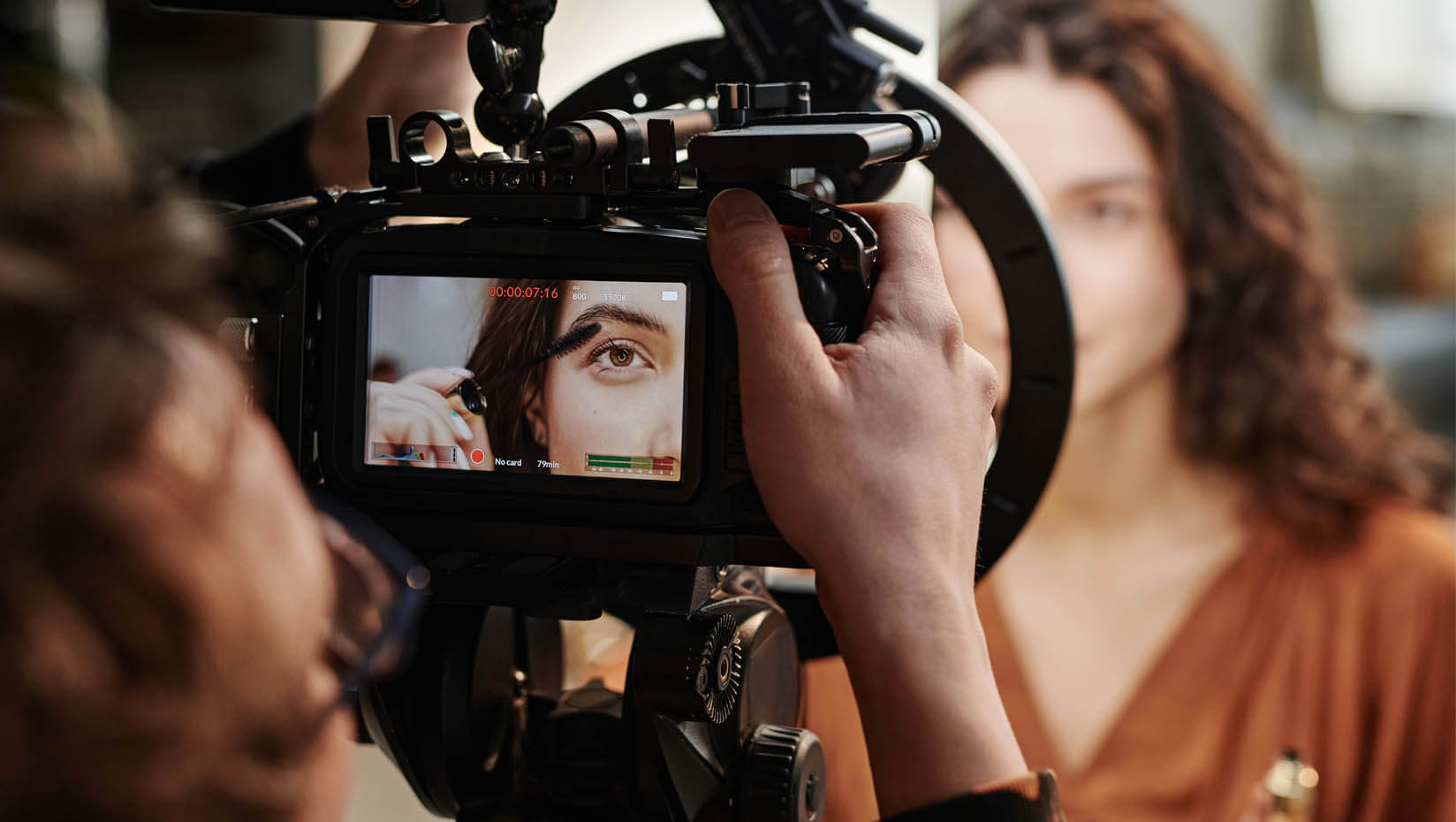
New research shows ‘empowering’ advertisements fall short in cognitive tests
Advertisements with themes of female empowerment have become more popular in recent years with companies that sell everything from cosmetics to cars. A new study published by a University of Maine professor shows that while these advertisements are perceived as empowering by the women who viewed them, they do not lead to subjects thinking more about empowerment when put to the test.
True empowerment gives individuals the perception that they have some control over their life’s outcomes, and has been empirically linked with positive health impacts like greater community engagement, reduced burnout in the workplace and improved overall well-being.
While there is ample information about the harmful effects of objectification in women’s media, there is little evidence to speak to the potentially beneficial effects of empowering messages. The fact that these messages of empowerment are being used in advertisements for companies that have long profited off of women’s insecurities, like cosmetics companies, also calls their impact into question.
“Empowerment-themed advertisements are popular among female consumers, and for good reason,” says Amelia Couture Bue, assistant professor of media studies in the Department of Communication and Journalism at UMaine. “For many consumers, they represent a refreshing departure from the traditionally objectifying campaigns that women have voiced frustration with for decades. But while it’s easy to let our guard down, the presence of empowering narratives doesn’t negate the fact that many of these advertisements still contain images and other message themes that we know from prior research to be problematic. Testing whether or not these empowerment-themed advertisements succeed in making women feel empowered is an important step toward encouraging companies to invest resources in creating messages that succeed beyond a nominal level.”
While pursuing her Ph.D. at the University of Michigan, Couture Bue led a study along with Sonya Dal Cin and Kristen Harrison at the University of Michigan Department of Communication and Media investigating whether empowerment-themed advertisements primed women to think more about empowerment.
The researchers recruited 273 women ages 18 to 35 to view advertisements with high and low levels of objectification and empowerment. For example, beauty advertisements that included empowerment messages but also fixated on conventionally beautiful models’ physical features, like those from Covergirl, Pantene and Under Armor, were considered high in both objectification and empowerment; advertisements without empowering messages that still focused on models’ appearance were high in objectification and low in empowerment. Meanwhile, advertisements that had empowerment-themed messages and showed women performing a range of activities, including sports, without focusing on their appearance were considered high in empowerment and low in objectification. Those that neither mentioned empowerment nor focused on women’s physical beauty — think commercials for Apple, Geico, Allstate and Microsoft — were designated as low on both metrics.
After viewing their randomly assigned advertisement, women were asked about their perceived feelings of empowerment. Then, they were asked to perform lexical decision tasks — a standard psychological method of quickly distinguishing between words and non-words in order to measure schema activation, which shows whether complex topics have been activated or stimulated in the brain — containing empowerment and objectification themed words.
“Self-reporting our emotional experiences can be difficult, especially when we’re experiencing mixed affect or seemingly conflicting emotions. While self-reports of emotion provide valuable data, implicit measures like the lexical decision task we used in this study help us understand what participants are experiencing at a more subconscious level,” Couture Bue says. “Measuring empowerment and objectification simultaneously through the lexical decision task also allowed us to make a more direct comparison than explicit measures would.”
The results showed that women reported greater perceived empowerment after viewing advertisements that had those messages, even if the advertisements also included physical objectification. However, women also reported more awareness of their appearance for all high objectification advertisements, regardless of whether they had themes of empowerment.
In contrast, the results from the lexical decision tasks showed that empowerment-themed advertisements are no more effective in activating empowerment schemas for the subjects than traditional advertisements. However, the study did find that objectifying traditional advertisements — that is, those beauty ads with high levels of objectification and no messages of empowerment — slowed participants’ responses to words across all categories, supporting the idea that self-objectification is cognitively taxing.
“We expected to find a simple relationship where the images in these advertisements primed objectification schemas, and experiencing self-objectification, in turn, explained why women didn’t report feeling empowered after seeing these types of advertisements in other studies — but this wasn’t what we found,” Couture Bue says. “At least on an implicit level, participants who showed greater activation of empowerment schemas often showed greater activation of objectification schemas too. This finding suggests that objectification may not be the only thing limiting the effectiveness of these advertisements. It also suggests that mental models of empowerment and objectification may not be as oppositional as we initially thought. I think this finding is indicative of how closely linked feelings of attractiveness and empowerment are for many women within Western cultures and how far we have to go in understanding media and empowerment.”
The study, published November 2022 in the journal Media Psychology, reinforced the idea that the relationship between empowerment and objectification in media is complex, but it will take more than feminist messaging in a shampoo commercial to create real change.
Contact: Sam Schipani, samantha.schipani@maine.edu
